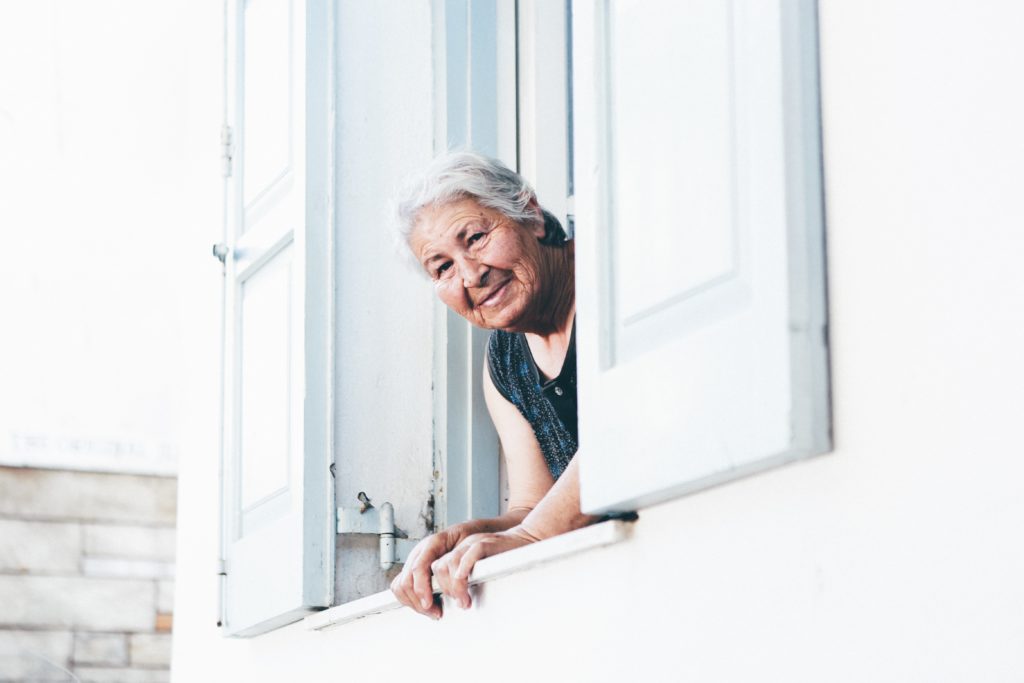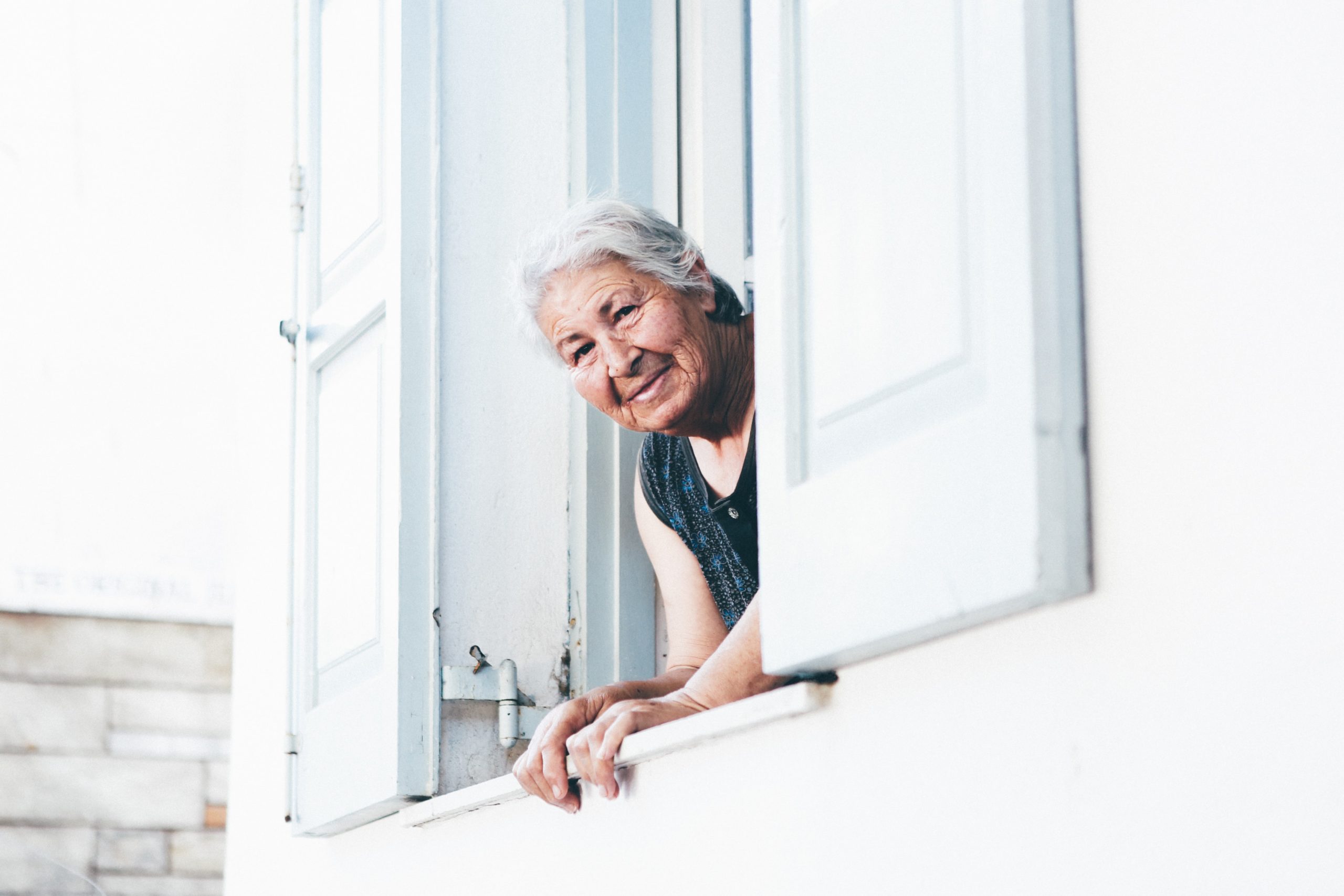
More of the population around the world are in lockdown situations than ever before in history. Even more are asked to maintain social distancing from others. Given that people with chronic conditions and people over 65 are at high risk, many retirement communities and nursing homes have been in lockdown for the past several weeks. This compounds an already growing problem of isolation and loneliness experienced by many, as noted in a previous article.
Many families have several generations living in the same home. This has, unfortunately, led to a higher rate of infections in those homes, putting many more at risk. Others have taken the road of living separated from family in different dwellings, states/provinces, or even countries. This is a time of high conflict in wanting to be with family but also wanting to keep them safe by not being physically close. What can we do then during this time?
Here are some suggestions if your parents are in lockdown or practicing social isolation.
Step up your communications.
If you have been calling your parents on a monthly or weekly routine, step it up to every other day or at least two times a week. Ask how they are doing and let them know how you and your family are working through the situation as well. Just talking to someone else will help reduce feelings of isolation and loneliness.
Leverage technology.
Set-up video connections to talk and see them. You can use phones, tablets, or computers to access free video chatting software or pay a small monthly fee for more features. Facetime and Skype are free if you have an iPhone or Windows computer. Companies have been doing this for many years as workforces are more geographically dispersed. It will allow you to check-in and visually see how they are doing, as well.
Once you establish a video link, you can then travel with them virtually anywhere in the world. Touring art galleries, parks, cities, and thousands of places is fun and will help reduce feeling isolated.
Online interactive games can be a way to have fun as well and can involve the whole family. Start with easy games first before getting into more difficult ones. You may have to coach your children on patience and have them let others win the game before getting your parents online.
Drop off items they may need.
If your parents are not shopping for groceries or other essential items, order them online and have them delivered or drop them off yourself. You may want to order in advance given online orders are on the uptick and deliveries are slowing down as companies are struggling to keep up with demand. In isolated areas, only essential services are staying open, so plan ahead. Just an observation, why is it that beer and wine stores are considered essential, but coffee shops are not? Maybe it’s just where we live.
Find the closest help.
On the more extreme side, government officials mandate that people stay in their homes while under quarantine. This means no traveling to your parents to help. You may not be stopped by police, but you may, at some point, be restricted from getting there. This raises all sorts of challenges, especially if you provide daily care.
Neighbors are a great help and can check-in, provide basic needs, and sometimes even in-home care (saints to be sure). Think of those inside your parents’ quarantine zone as well, whether it be their apartment building, immediate neighbors, or community organizations. It may be uncomfortable at first, but it will be appreciated in the long run and bring more engagement with the neighbors.
Identify testing sites to direct your parents to if needed. Make sure there is transportation available if they cannot get there on their own. Find contact information for these services along with local hospitals.
Set criteria before traveling.
You may still have the opportunity to travel to your parents, but at some point, you may not. Before that happens, it is good practice to develop criteria on when you should go. We ran into this when my wife’s Mom was on a different coast than us. At first, she flew to help out with troubling issues. Then she flew when there was surgery and stayed for several weeks of recovery. Towards the end, it was only for significant events, and the final weeks of life. My wife had established local friends to help and knew the numbers of doctors and nurses, but it was still exhausting for her. Setting criteria helped out, so we knew when she needed to go.
You may not be in that extreme situation, but if you are more than a couple of hours away, it is helpful to establish that criteria so everyone knows when you will travel. Involve your siblings and other relatives as well, if possible, so it’s not all on you.
Learn something new together.
There are thousands of Massively Online Open Courses (MOOCs) available with thousands of subjects. Pick one where you and your parents can learn together, or have them signup and let you know what they are learning. Some good examples are: Skillshare, Coursera, FutureLearn, Udemy, edX, and iversity. There are plenty more out there to discover new skills and talent.
If you want to understand how the medical community works during a pandemic, there is a great course by Johns Hopkins University called Fighting COVID-19 with Epidemiology.
These are trying times for everyone. Communications are critical to a healthy response to lockdowns and quarantines. Stay in touch with those you love.
Honor – Knowledge – Life, it’s what we do.

